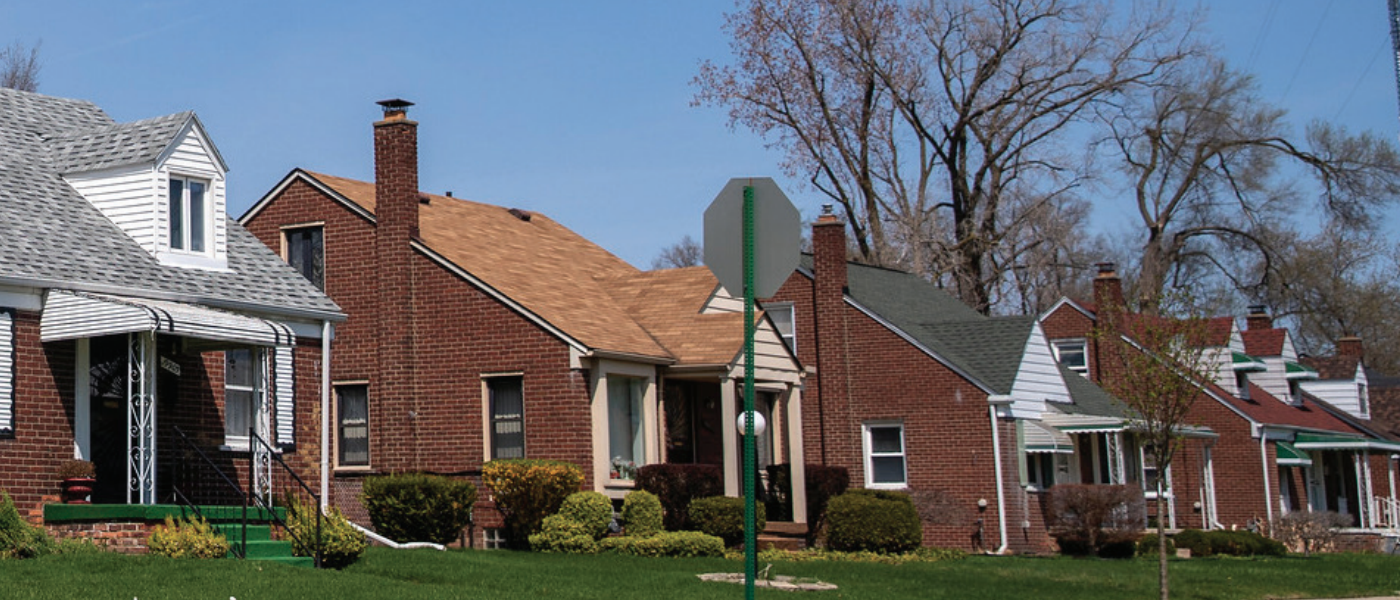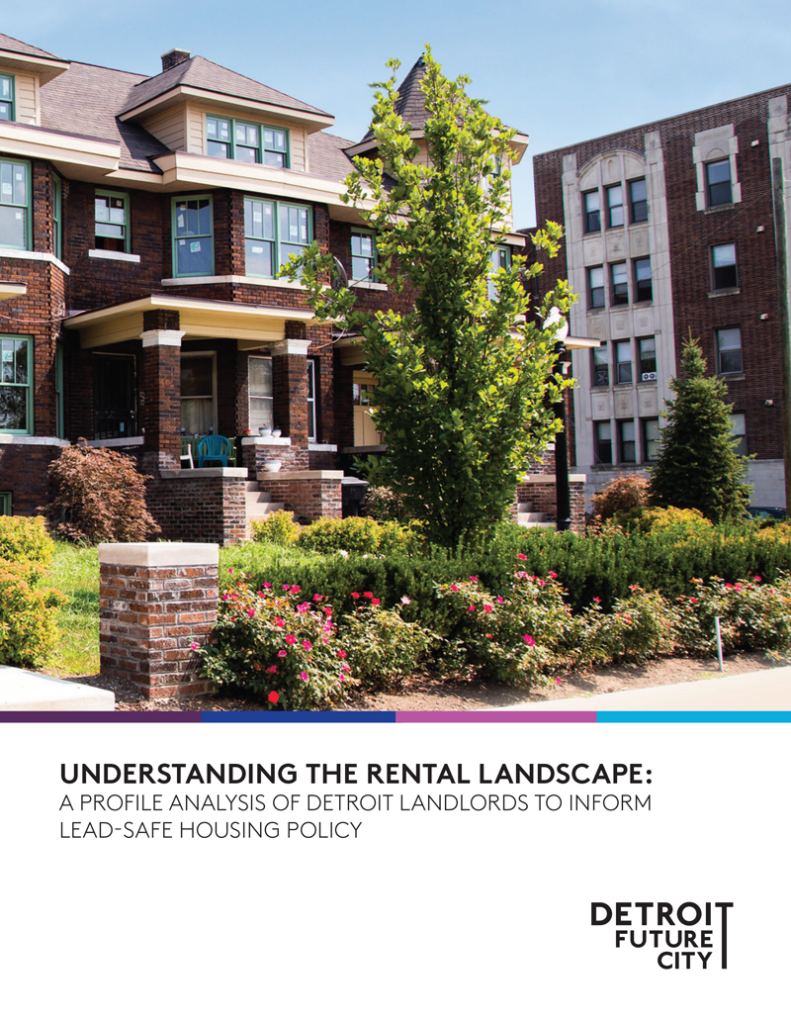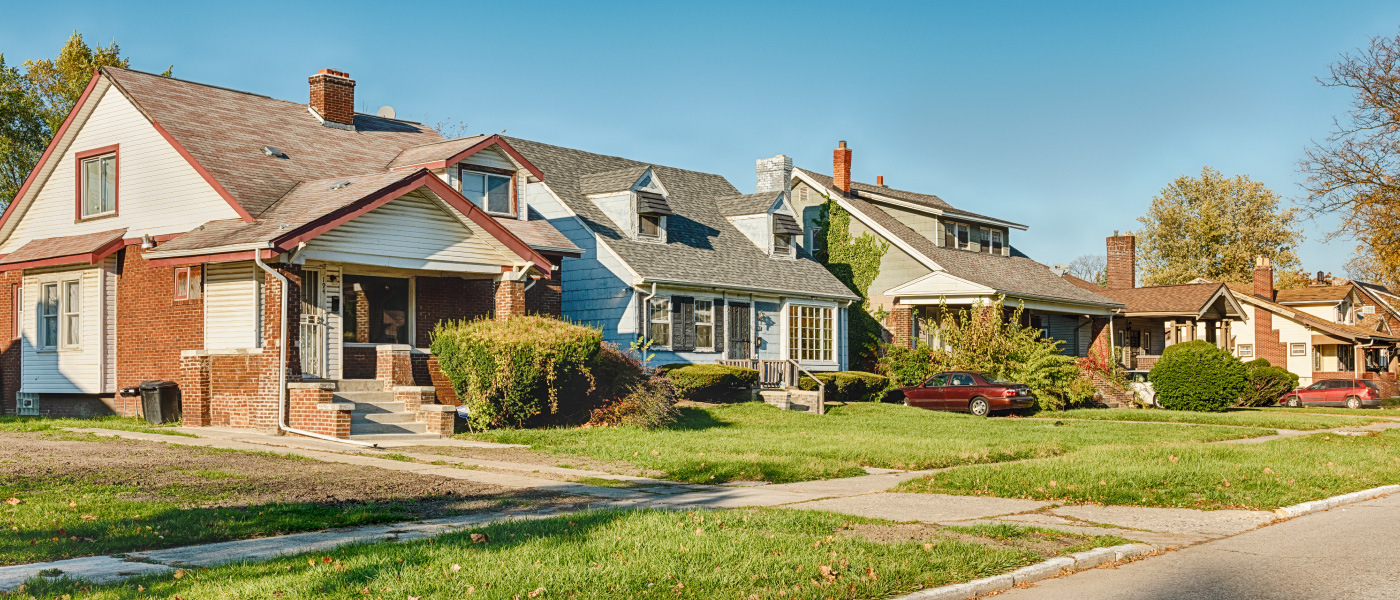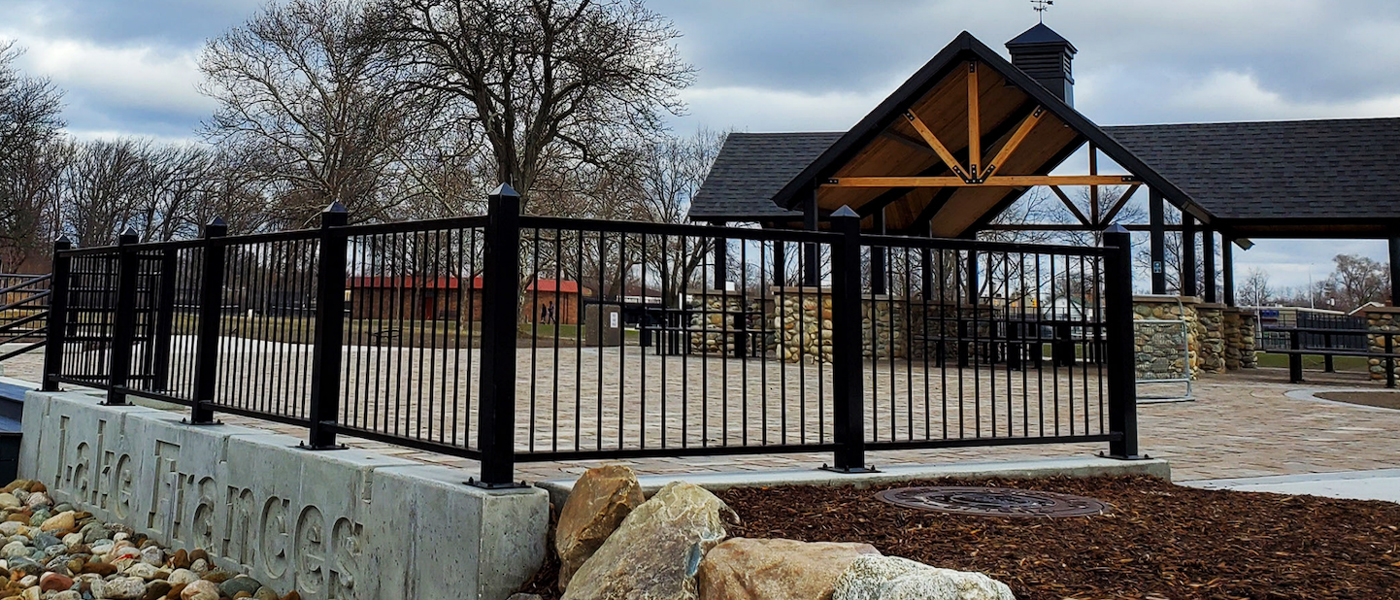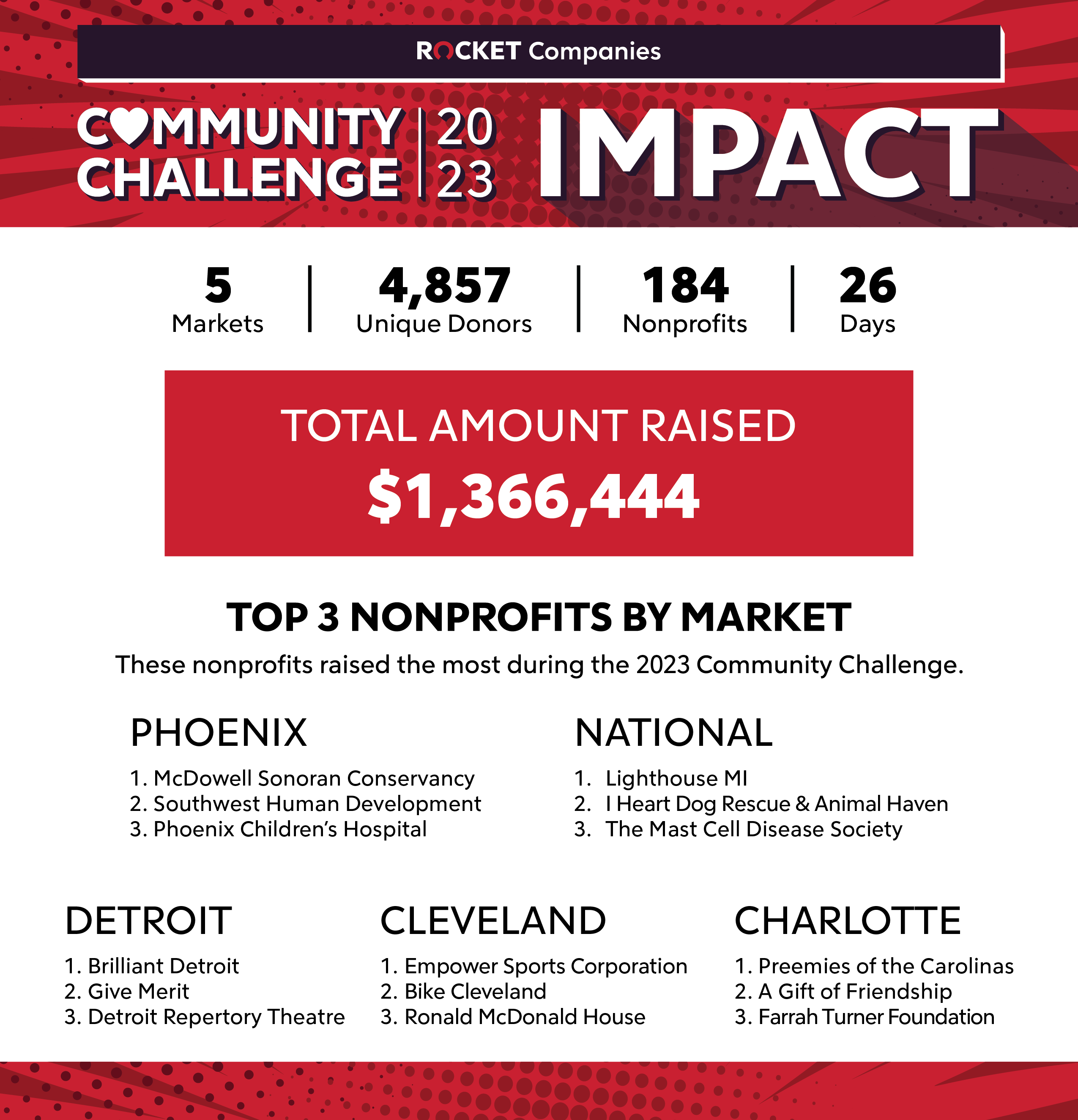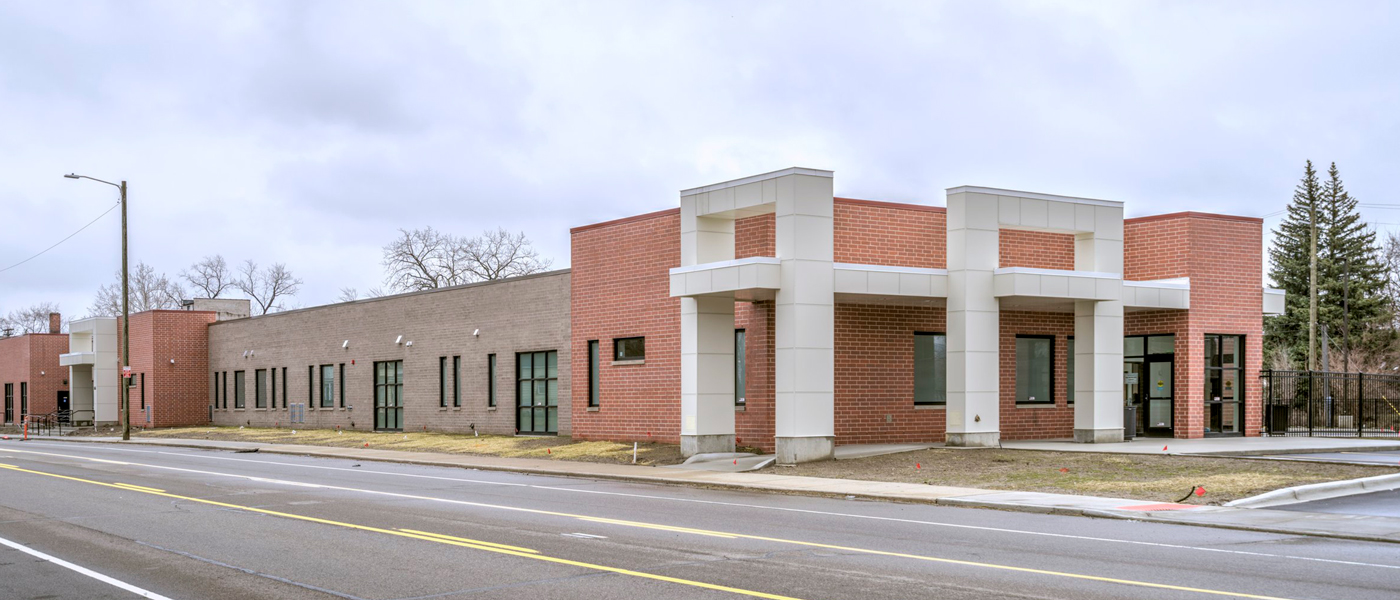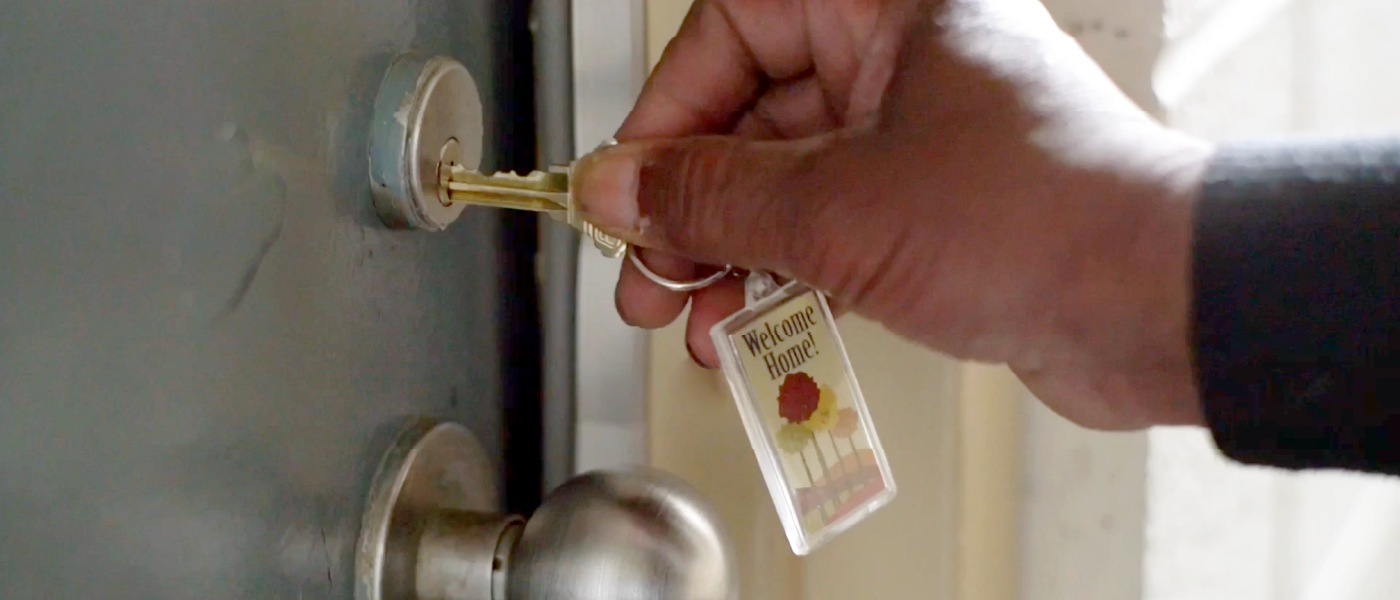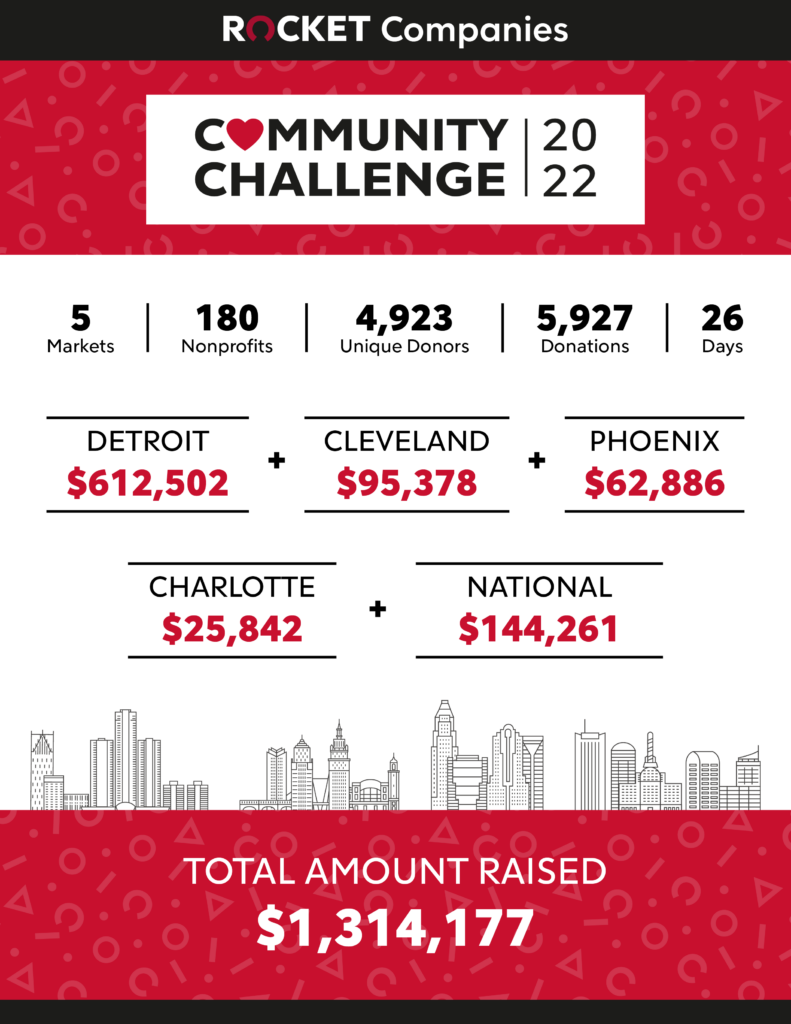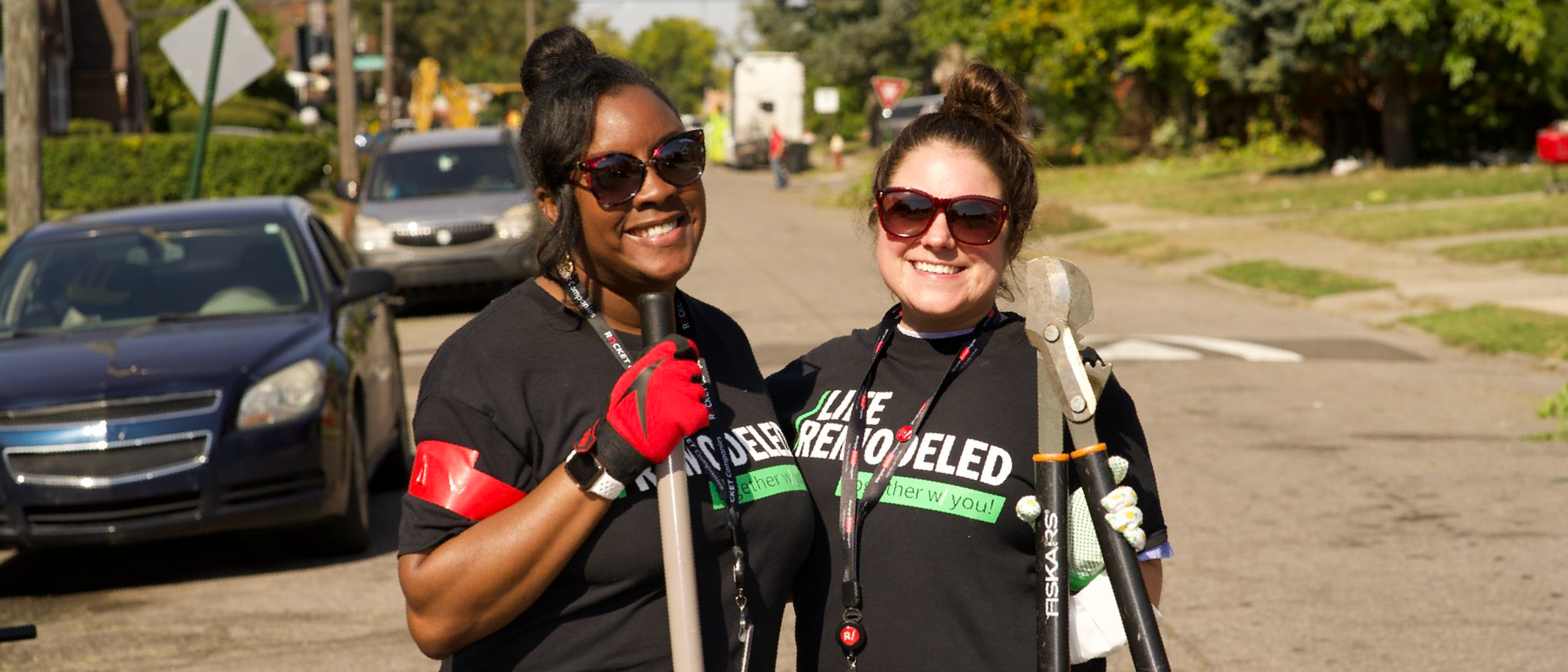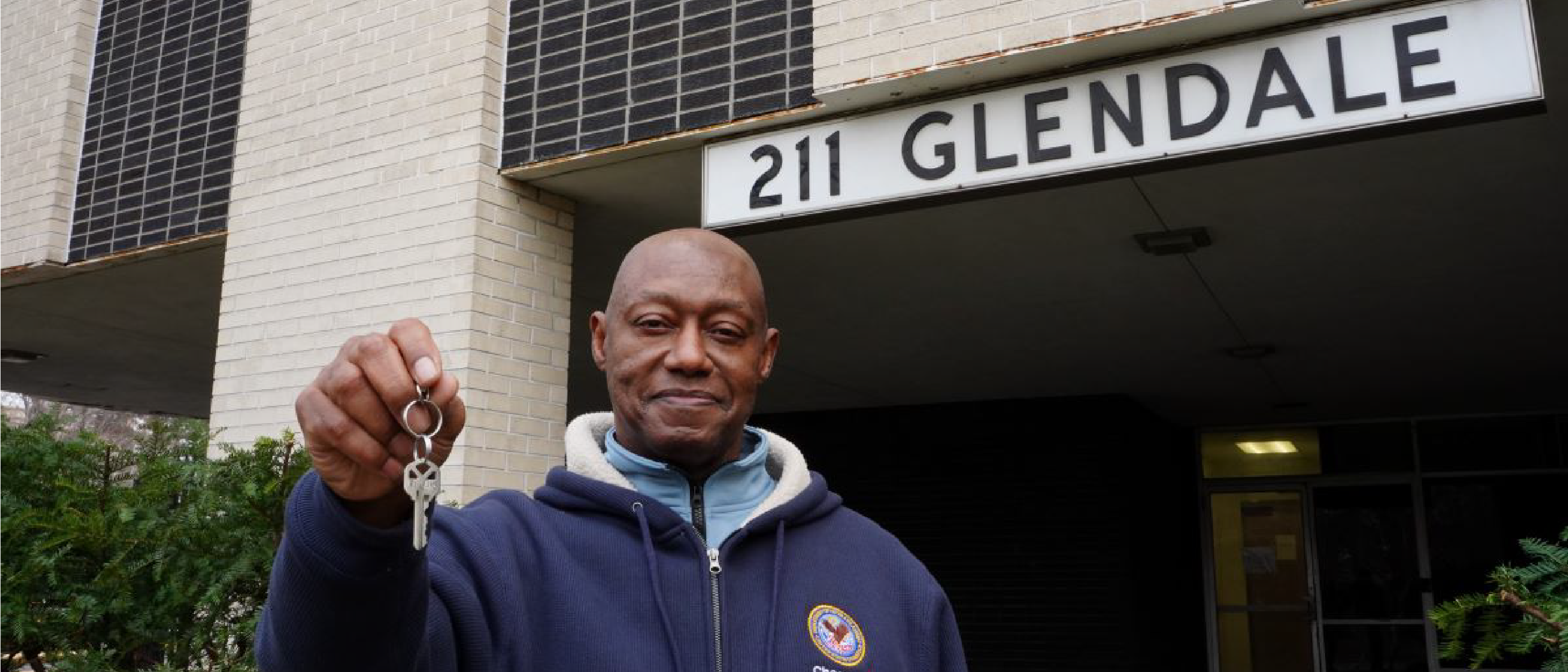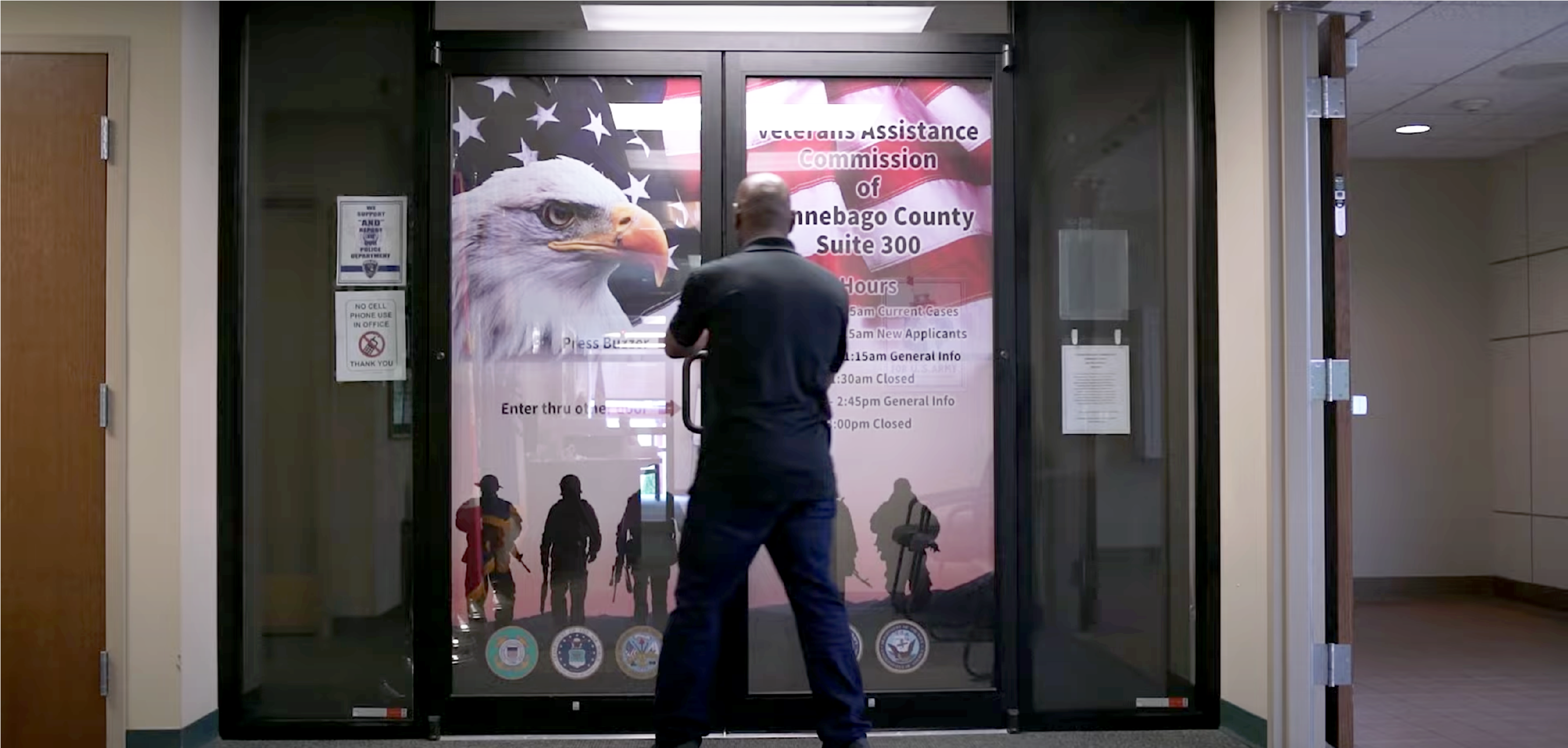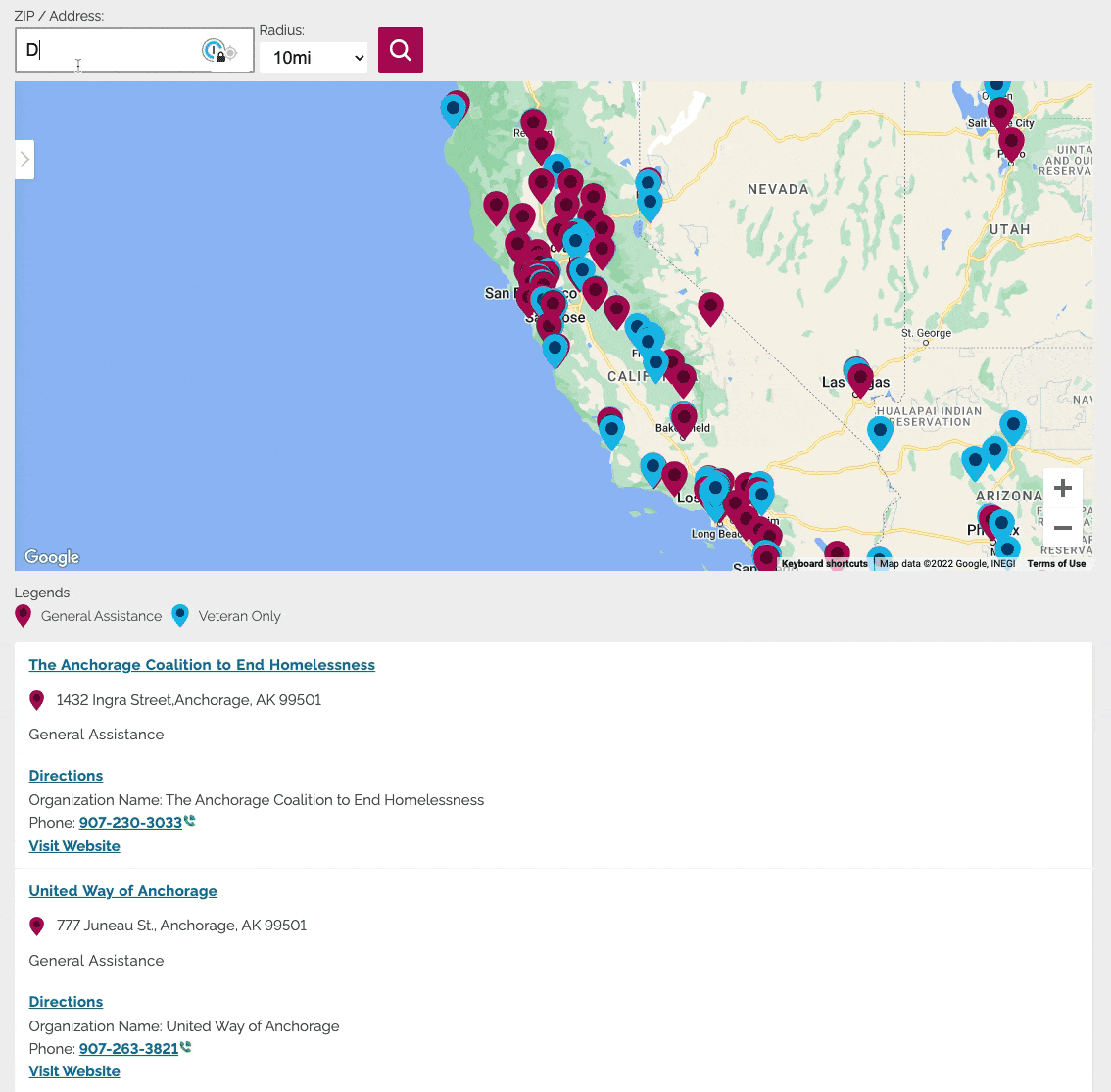The Rocket Community Fund is committed to dismantling the barriers to housing stability and ensuring that every American has access to safe, healthy housing. But to do so, we need quality data to inform our strategic investments and partnerships. That is why we often partner with research organizations to dig deep and uncover key trends within our communities that can support our work.
For example, the Rocket Community Fund partnered with the global investment bank and advisory firm Stout on a report which illustrated that renters were at a severe disadvantage when it came to eviction proceedings. This research helped back the creation of the Gilbert Family Foundation’s Detroit Eviction Defense Fund, a program investing $12M over three years into Detroit-based organizations providing low-income families with legal representation during eviction hearings.
More recently, we partnered with Detroit Future City on a research project to help us understand another major issue facing Detroit renters: the deteriorating conditions of rental properties. Unsafe rental properties poses a real threat to the health and safety of our most vulnerable residents, including children and the elderly.
One issue affecting many homes and rental properties in Detroit is the prevalence of lead paint. 90% of Detroit’s housing was built before 1980, and a third constructed prior to 1940. Lead paint was banned in 1978 due to its detrimental effects on physical health and brain development. In 2020, 5.6% of Detroit children tested positive for lead, more than twice the rate for the entire state of Michigan.
This issue with lead paint exposure is part of a multifaceted problem in rental housing. The City of Detroit has taken steps to alleviate this issue in a variety of ways, but in order to address the problem fully, we need a deeper understanding of the rental system as a whole.
Detroit Future City’s report, which was funded by the Erb Family Foundation and Rocket Community Fund and included support from Data Driven Detroit and the City of Detroit Housing and Revitalization Department, sought to gain a comprehensive overview of the rental landscape in Detroit.
As the report states:
The rental study for lead–safe homes is focused on classifying landlords within Detroit into distinct groups based on a series of shared characteristics, including the number of properties owned, the properties’ value, and whether the property is owned by a corporate entity. In doing so, this report will create a better understanding of who owns and maintains these properties. This will allow for the development of more effective programs and resources for landlords, creating safer and more affordable living conditions for tenants within the city.
Given the number of lives affected by housing quality across the city, this work is critical. More importantly, we must be proactive about analyzing the data available to us and utilizing that data to create change via research, policy, advocacy, and education.
Click the tile below to read more about what we’ve learned, which will help set a foundation to better inform future policies around the regulation of rental housing in our hometown.

